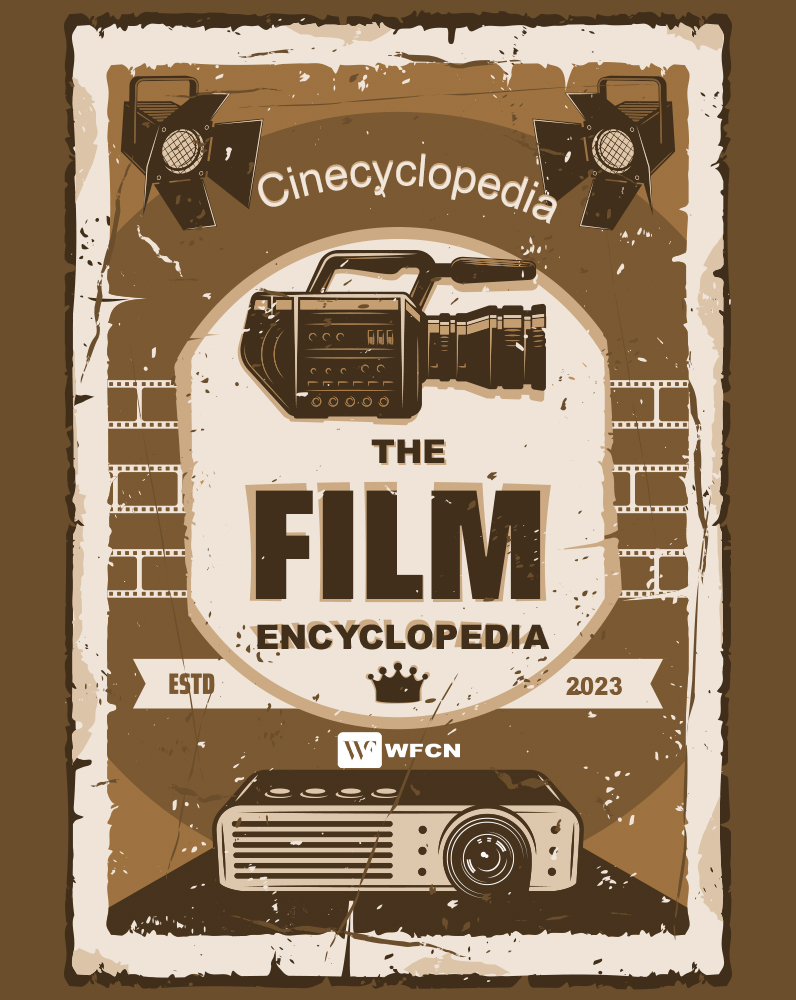Typecasting in Film
Created on : January 13, 2024 15:55
Denotation
Typecasting is the practice of an actor becoming closely associated with a certain character, one or more specific roles, or characters sharing the same attributes or belonging to the same social or ethnic groups in cinema, television, and theater.

Introduction
In Film, Television and Theatre, typecasting is the process by which a particular actor becomes strongly identified with a specific character, one or more particular roles or film characters having the same traits or coming from the same social or ethnic groups. There have been instances in which a film actor has been so strongly identified with a role as to make it difficult for them to find work playing other characters in the film.
When actors are "typecast," it means they're getting cast in the same kinds of roles over and over again because the film industry and /or audience only wants to see them playing those kinds of characters. Typecasting in film acting is where an actor becomes strongly identified with a specific character type or role that audiences only want to see them playing, meaning it becomes difficult for that actor to find work doing anything else.
Some examples of well-known film actors who have been typecast include:
Arnold Schwarzenegger, who was typecast as the "strong man action hero" and found it difficult to break away until much later when he started doing some comedy work. Jason Alexander, who was typecast as "George Costanza" in Seinfeld and has still not fully broken out of that character yet
Being typecast can be lucrative if a film actor enjoys the roles they're playing, but it can also feel stifling because it's difficult for the actor to grow and try new things. It's very common for new actors to worry about being typecast because they don't want to be locked into only playing a particular character type.
Characteristics of Typecaste
Becoming typecast is actually one of the quickest ways to build a name for oneself as a movie actor because it's much easier to get consistent work once you've been typecast.
Gender: Fair or unfair, whatever gender you are, people have preconceived notions of the kinds of roles you can play in life. For instance, most people assume a babysitter should be played by a woman as opposed to a man. And remember, whether you personally agree with this doesn't matter unfortunately, because it is what it is.
Age range: Age also plays a large role in film actor type. For instance, if you're very young you're unlikely to be cast as a judge or grandfather and if you're very old you're unlikely to play a student or intern.
Ethnicity: Stereotypes play into film actor types as well. This means you'll unfortunately find people of certain backgrounds being cast more often as computer programmers or criminals. Luckily this is in the process of changing, but for now, the actor types you can play are often based on your ethnicity.
Body type: If you're overweight chances are slim that a casting director would audition you for the role of a personal trainer. And if you're extremely skinny, you might be selected for the role of a sick patient.
Clothing: If you frequently wear suits and ties, you'll have a higher likelihood of being selected for a business professional or salesperson role. If you wear hoodies, you'll likely be invited to audition for the role of a troubled youth.
Voice: If you have an extremely high-pitched voice, you're unlikely to get cast as a leading man or leading lady – this is simply because the masses tend not to want to see people with high-pitched voices in those roles.
Physical mannerisms: If you talk with your hands and make big gestures, you might find yourself getting auditions for salesmen or saleswomen roles in films. And if you have a hunch in your back you might be called in for depressed characters.
Conclusion
The film acting industry is probably the only entertainment industry where blatant discrimination is unfortunately still tolerated. Until those changes, you need to be aware of how other people perceive you so you can make sure to submit yourself for roles that match your type(s). Casting directors are extremely busy and don't want to take chances on people that don't immediately seem like they could play the type they need perfectly. This is why any film actors who try to be generic wind up appealing for none and always struggle to book work. Most film actors are afraid of being typecast into roles they don't enjoy playing or they worry that once they play one particular character type a few times, they might get stuck playing it for the rest of their lives in the film industry.
Although it might seem scary to get locked into something you don't enjoy doing, the fact is that typecasting in film industry can actually be beneficial because being clear about how the industry sees you allows you to get more specific with the roles you apply for and what you do with your three basic marketing materials (headshot, resume and reel). Once you understand and lean into your type, you can start actively trying to book more work as that type.
Focusing on your film character type allows you to better serve casting directors and the audience because you're able to play those roles perfectly since you're good at them and they naturally suit you. This means you're able to perform them better than any other film actor – you're the best possible match for that character type.